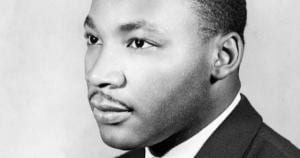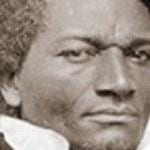This is a history of the Southern Christian Christian Leadership Conference and of Martin Luther King Jr.
It is unsparing, carefully documented, and full of ugly prose. This is not a well written book, but an important book as one of the few accounts of Reverend King that is not hagiography and that tells his whole story. The book tells all the truth that the author knows. He obviously admires his subject while being disturbed by flaws he uncovers as he writes. If news accounts are true, this problem has only increased over time.
King is presented as a very great man, but also not as great as the movement he led. Justice demanded that Jim Crow and racial segregation end in the South and Martin Luther King was a man thrust into the job of sacrificing everything, or nearly so, to see justice done. The movement existed before King and continued after him, but the book argues that King was necessary.
He was a great man in a greater movement. He gave voice to a moral goodness that he admitted he did not personally possess. He looked for the beloved community, but was no saint by his own admission. Garrow admires King and does not admire King.
Over hundreds of a pages about a life that was only thirty-nine years long, Garrow makes the case that King was driven to be good and warped by a hideous racist culture. As a child of decent parents and moderate privilege, Reverend Doctor King was also kept down, subject to constant condescension, and ultimately murdered for the great good he did. If you doubt the genius of King, you only need to compare any paragraph in the text containing King’s beautiful words with the almost criminal clunkiness of the historian.
If Garrow wishes to give us the facts, he seems determined to separate the facts from the music. If one had a choice between biographies about King, one cannot imagine choosing to read Garrow’s prose, but there is little choice. King inspires huge amounts of words, but not so much history about his life.
The accomplishments of King, the sacrifice of his life, are listed in painstaking detail. Garrow does not hide the evolution of King to a more “radical” democratic socialist while carefully showing any “communist” sympathies did not exist. However, the biography does seem limited in exploring King’s theological evolution. If anything, King moves away from the theological liberalism of seminary and toward the faith of his father and mother. Daddy King is at the edges of the biography oddly.
So many details are presented about the “movement” . . .fact on fact. . .but about Daddy and Mother King we are given far too little. The deep need of King for mercy and the African American association of the sufferings of Christ is not just black liberation theology, not even as expressed in so great a thinker as Professor Cone.
Of the African-American traditional Protestant (evangelical?) roots behind the later King sermons, the author seems ignorant. If King is now appropriated by contemporary democratic socialists, most are eager to forget this deeply Christian heritage. If King is sanitized by civil religion, this forgets his own sorrow over his life.
Yet if one wishes a history of King, there are few options. This is the best of not-so-great lot. The man has yet to meet a worthy biographer.













